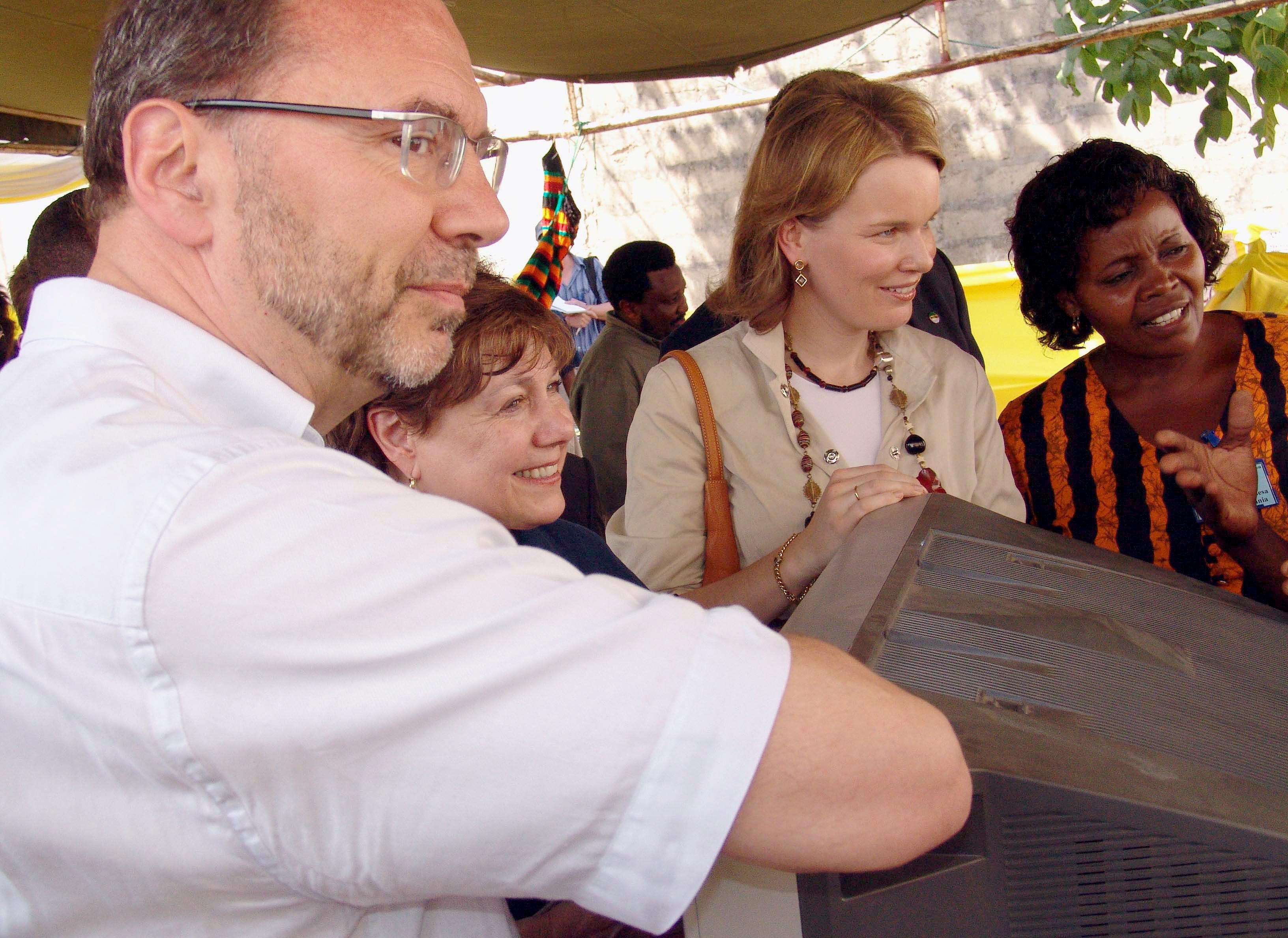Germany’s Der Spiegel has a fascinating/frightening interview with Peter Piot, who’s one of the world’s leading public health experts (he was the founding executive director of the U.N.’s AIDS initiative) and was part of the Antwerp, Belgium lab team that discovered Ebola in 1976 in a blood sample sent from what was then Zaire and is now the Democratic Republic of the Congo. Piot traveled soon after to Yambuku, where the virus had been found, to do research:
SPIEGEL: In the end, you discovered that the Belgian nuns had unwittingly spread the virus. How did that happen?
Piot: In their hospital, they regularly gave pregnant women vitamin injections using unsterilized needles. By doing so, they infected many young women in Yambuku with the Ebola virus. We told the nuns about the terrible mistake they had made, but looking back I would say that we were much too careful in our choice of words. Clinics that failed to observe this and other rules of hygiene functioned as catalysts in all additional Ebola outbreaks. They drastically sped up the spread of the virus or made the spread possible in the first place. Even in the current Ebola outbreak in West Africa, hospitals unfortunately played this ignominious role in the beginning.
Read the whole interview, in which he talks about the first moments his lab handled the virus and discusses the causes of the current outbreak, here. (And read more of Slate’s coverage of the disease here.)
